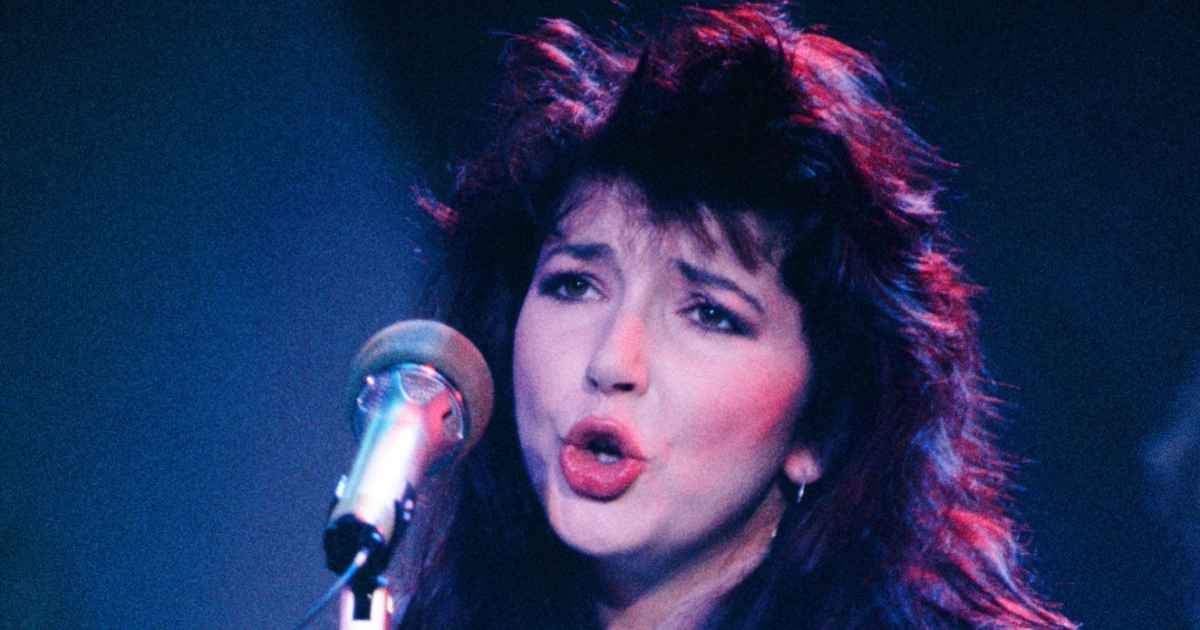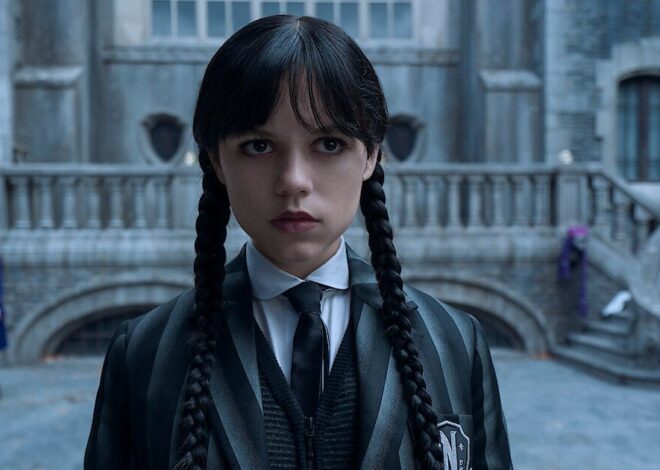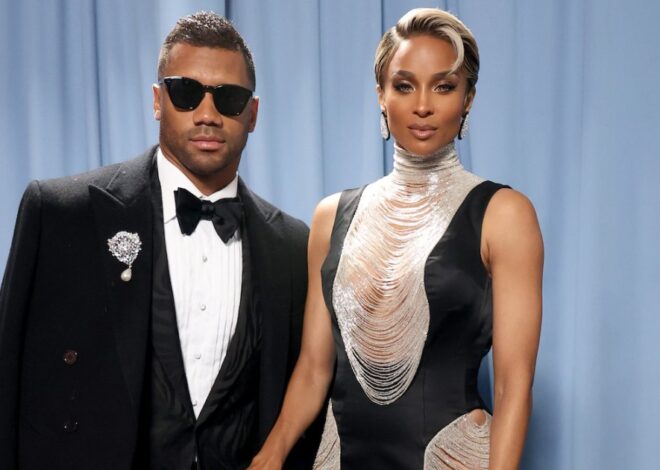
How Kate Bush Chose Motherhood Over Music: The Life of the Rarely-Seen Icon Away from the Spotlight
Kate Bush: The Timeless Enigma
It’s been over a decade since Kate Bush graced the stage, yet somehow she remains a perennial cultural beacon. Her influence is undeniable, seen in both the haunting echoes of her music in major TV shows and her impact on today’s pop stars like Lady Gaga and Lorde. She’s just as relevant now as ever, and yet there’s still a veil of mystery surrounding her daily life that fans can’t quite penetrate.
Kate’s musical journey began in the late 70s, launching hit after hit. Her tracks like “The Man With The Child In His Eyes” and “Babooshka” dominated the charts, marking her as a powerhouse especially in the UK. Unlike her contemporaries who basked in the limelight – think Madonna or George Michael – Kate seemed more comfortable behind the scenes, letting her music speak volumes.
Fast forward to 2022, and “Running Up That Hill” found itself back in the spotlight, thanks to its unexpected revival on Netflix. Suddenly, it was topping charts once more, even nudging Harry Styles aside. The track’s parent album, Hounds of Love, topped Billboard too – a feat it hadn’t achieved back in 1985. Kate herself found this resurgence both thrilling and baffling, expressing genuine surprise at how a single song could transcend decades.
“The whole world’s gone mad!” she remarked during an interview with BBC. Her excitement was palpable – it’s always interesting when something long considered ‘classic’ finds new life among a younger audience. For longtime fans though, this wasn’t shocking; they’ve cherished her unique charm for years.
The woman behind this enduring legacy lives a surprisingly normal life. Away from the public eye, Kate balances creativity with domesticity. She once shared how vacuuming grounds her – it’s these ordinary moments that offer a glimpse into who she really is. The tabloids might label her as reclusive, but Kate simply prefers a quieter existence.
In 1992, amidst a flourishing career, she married guitarist McIntosh and later welcomed Bertie into their lives. That bit of news only slipped out years later through Peter Gabriel. It was around this time that she faced personal challenges too – losing loved ones and battling burnout, as she candidly discussed in interviews.
Yet every break seemed intentional rather than accidental. “I wanted to spend time not being in the studio,” she explained to The Guardian in 2011. Balancing motherhood with music meant prioritizing one over the other at different times.
An occasional dinner with admirers like Outkast’s Big Boi, or brief returns to performance such as her rare 2014 shows, prove Kate’s not withdrawn – just selective about when she steps into the limelight. Big Boi shared his admiration for her storytelling prowess during their meeting in England – where they talked mostly about their children.
A potential comeback might be brewing again. As tensions rise globally, she’s channeling creativity into meaningful projects like films supporting War Child amidst conflict in Ukraine (The Guardian). These endeavors hint that new music could be on the horizon.
Beneath it all lies an artist who insists on maintaining creative control – it’s what allows her work to evolve naturally without external pressures dictating its course. Even when her words appear earnest in interviews or stories float around of royal encounters gone awry (Queen Elizabeth didn’t mind signing that program), it’s clear that authenticity drives everything Kate does.
A mother first and foremost, an icon by circumstance rather than choice – that’s Kate Bush: weaving magic into mundane moments while inspiring generations through whispers of melody carried far beyond initial release dates.
For more context, see this BBC Entertainment overview.



